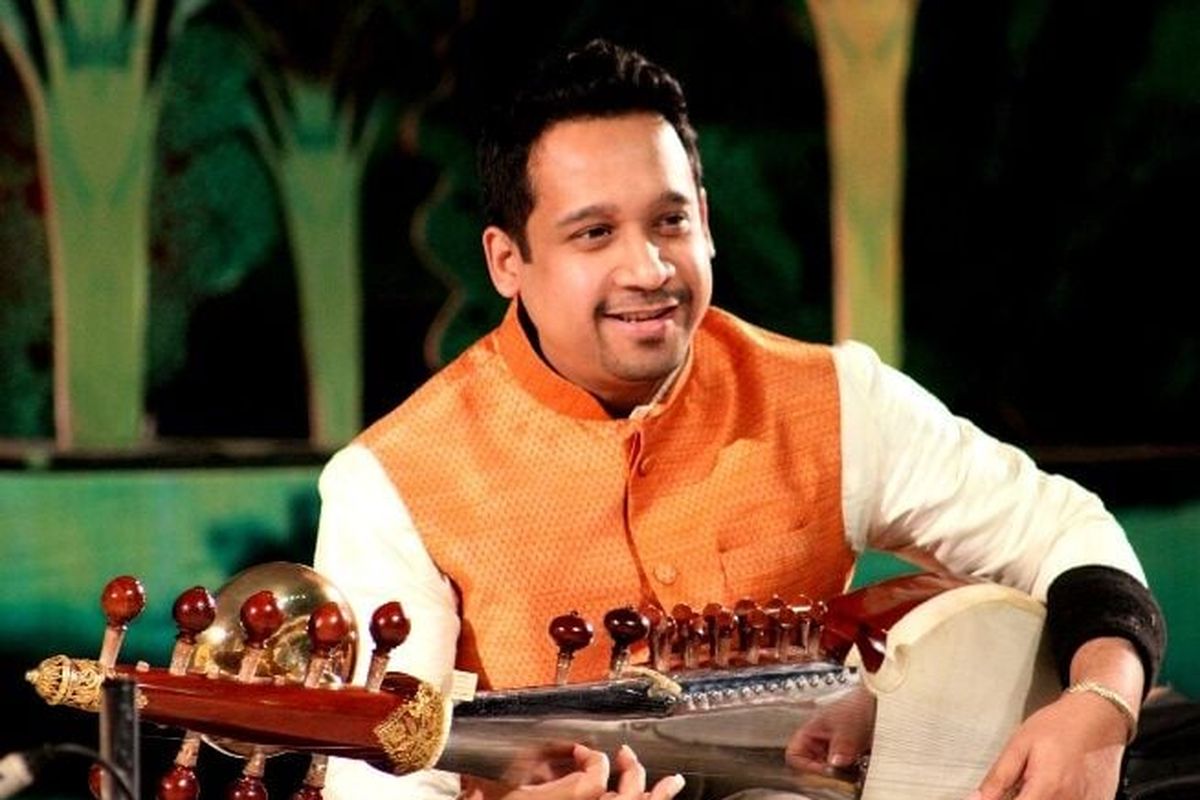South Asia Cultural Association brings classical Indian music, dance to Spokane

Sreedharani Nandagopal, the South Asia Cultural Association president, noticed Spokane citizens were curious about her culture. She was working for Spokane Community College while her husband was an engineer for the city of Spokane.
“When we came here 48 years ago, nobody knew about India,” Nandagopal said. “We’re all very well-educated who come to this country. My children got educated through the Mead School District here and people would say, ‘How come your skin is brown, why don’t you eat meat, et cetera?’ – we’re strictly vegetarian. And so I thought, ‘Ah! Instead of getting angry, it’s better to educate the people, then you will have respect from them,’ which is what we have been doing.”
In 1989, Nandagopal started the South Asia Cultural Association to bring cultural Indian programming to the area. Three such events are coming to Spokane in the coming weeks: Jagalbandhi, a night of North Indian classical music and Odissi dance on Saturday; preceded by a workshop by those same musicians on Friday evening; and Devi: Goddess Within Me, a Bharatanatyam-style dance drama on Oct. 26. All events are free and open to the public, thanks to the grants the nonprofit receives. These events are sponsored by AHANA, Clearwater Paper, McCampbell Insurance, Avista Foundation, Spokane City Credit Union and Spokane United We Stand.
For the Saturday event, the artists came from India to the U.S. in September to tour the country.
“When the weather gets cold in November, they go back to India,” Nandagopal said. “They’re professional, world-renowned artists.”
Though Nandagopal acknowledged Spokane residents might be familiar with the sitar – played by Anjan Saha – they may be less familiar with the sarangi, sarod or tabla. Giving the public an up-close look at those instruments is the point of the workshop on Friday, held at the Shadle Public Library.
“They’ll talk about the instruments itself and see how it operates, how they do it,” Nandagopal said. “And we have had success in the past. People like to come to that also because they learn more about the instrument.”
Friday and Saturday’s events are rooted in North Indian culture, while the Oct. 26 event features a dance rooted in South Indian culture. The lead dancer is traveling from Portland, but many who participate in the dance are coming from India.
“In our Hinduism culture, we give lot of respect to Mother Goddess,” Nandagopal said. “This (dance) has evolved over thousands of years. It’s not just 100, 200 years. India, it’s a very ancient country.
“We think every soul belongs to the Supreme Being. And so, in this one, she’s saying the goddess within me, it’s the mother Goddess within her, and that’s the dance.”